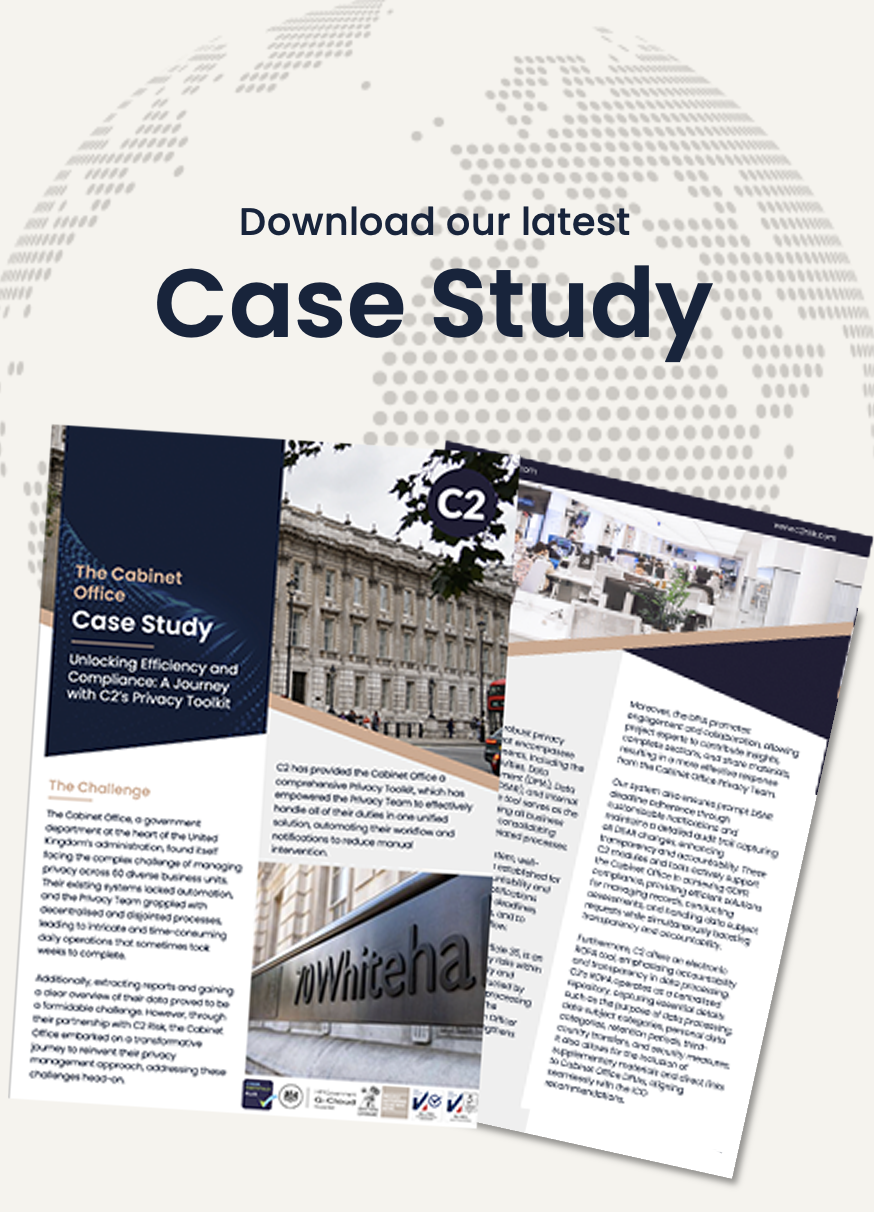AI Opportunity and Risk – Are you and your vendors aware?

AI Opportunity and Risk – Are you and your vendors aware?
While AI has been enhancing cyber security tools for years, it is a double-edged sword for both defence and offence within cybercrime.
In most recent cases, AI powered chatbot, ChatGPT and other language processing systems have taken charge of the digital landscape with the general public reaping its benefits. However, the largest concern around generative AI (GenAi) is the way it can be used to advance malicious exploits as seen with the influx in more sophisticated cyberattacks. Even ChatGPT in May announced a bug that possibly led to data being leaked.
According to GlobalData forecasts, the total AI market will be worth $383.3bn by 2030, so with rapid growth what does this mean for vendor risk? While AI can provide valuable insights and automation to improve efficiency, it also comes with its own set of challenges and potential pitfalls that organisations need to be aware of.
Here’s an outline of some of the key risks you and your vendors need to know about:
Data privacy and security
AI systems often require large amounts of data to train and operate effectively. This data may include sensitive information about vendors, clients, or customers. The use and storage of this data can expose organisations to data breaches and privacy violations if not adequately protected.
Fraudsters are utilising AI to exploit seemingly non-sensitive data that companies collect to fuel AI systems. If your security isn’t sufficient and compromised, it’s possible that this data can be used to create false identities.
Bias and fairness
AI algorithms may inadvertently perpetuate biases present in the data used for training. If vendor risk management decisions are influenced by biased AI, it could lead to unfair treatment of certain vendors or communities, resulting in reputational damage and potential legal issues.
Dependency on AI
Relying heavily on AI applications could lead to over-reliance on the technology. If the AI system fails or makes critical errors, it may disrupt the entire risk management process and expose the organisation to unforeseen risks.
Regulatory compliance
The use of AI may intersect with various regulations and compliance requirements when it comes to VRM. Organisations need to ensure that their AI systems/tools adhere to relevant regulations, such as data protection laws, anti-discrimination laws, and industry-specific regulations.
Human error and implementation
Implementing AI-based vendor risk management solutions may require substantial investment in infrastructure, talent, and ongoing maintenance.
Integration with existing systems and workflows can be complex and may lead to operational disruptions during the transition.
The interface between people and machines is another risk area. Human judgement and inputting failures can override system results – scripting errors, lapses in data management for example can compromise fairness, privacy, security and compliance. Also without rigorous safeguards, disgruntled employees or external foes may be able to corrupt algorithms or use AI applications in malicious ways.
AI models are only as good as the data they are trained on. If the training data is flawed or incomplete, the AI system may make inaccurate or unreliable vendor risk assessments, leading to poor decision-making and potential financial losses.
Adversarial attacks
AI models can be susceptible to adversarial attacks, where malicious actors manipulate inputs to trick the AI into making incorrect decisions. If a vendor is compromised this can have great effects across the entire supply chain, so understanding where your vendor or wider chain has weak links can help to mitigate risk and introduce stricter policies against attacks.
Ethical considerations
The use of AI raises ethical concerns, especially when AI decisions impact peoples lives and livelihoods. Organisations must be mindful of the ethical implications of their AI systems and ensure that they align with their values and social responsibility.
While AI and Machine Learning techniques and tools are creating waves within the cybersecurity industry, its power and influence still needs deeper understanding.
For organisations to implement AI effectively and manage its risks, they need to implement robust governance frameworks, conduct regular audits of AI systems and establish how AI is used within their enterprise ecosystem. They must prioritise data ethics and fairness, and engage the entire organisation so that it is ready to embrace the power and the responsibility associated with AI.
C2’s sustainability ISO-certified Risk Management Platform can provide ESG and CSR teams with seamless assessments, remediation and intelligent reporting of investment risk. To find out more, speak to one of the C2 team today.
About C2
C2 is a UK risk management scaleup on a mission to help businesses survive and thrive in the digital economy. C2 helps organisations manage security and compliance in a way that’s unique to their business and that does more than simply ticking off digital checkboxes. C2’s industry-leading platform supports the public and private sectors in managing their threat landscape and improving vendor controls, project, privacy, and ESG risks.



